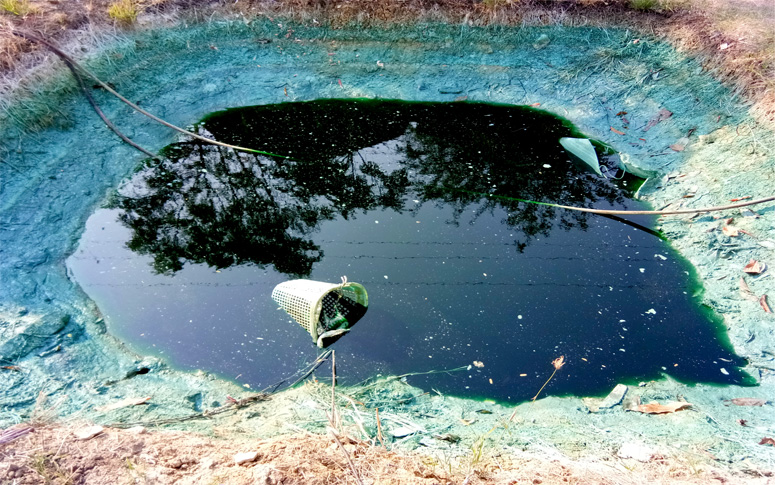Bacterium to Treat Azo Dyes

Researchers at the Goa-based National Institute of Oceanography (NIO) have identified a bacterium that could be used to degrade the highly polluting dyes.
Azo dyes are widely used in the textile industry and the effluent from textile units is found to contain a high concentration of them, sometimes up to 300 mg per litre. These dyes are highly toxic and need special efforts to degrade them. As per the research published in the ‘Current Science’ journal, a bacterium called ‘Yangia Pacifica’ is able to decolourise Amido black and Congo red azo dyes by over 96 percent in seven days. The bacterium was derived from a marine sponge called Cinachyrella cavernosa.
With the discovery of the bacterium, efforts can be made to treat the effluents and waste from the textile industry and their removal from the environment and waterways using eco-friendly methods. Continued efforts have been made over the past few years to develop remediation strategies that are particularly based on biological agents instead of chemicals to devise new techniques that can handle azo dyes more efficiently and at an accelerated rate.
Microbes associated with marine sponges are known to produce potent bioactive compounds but until this study was relatively untested against azo dyes. The scientists at NIO collected the sponge from inter-tidal rocks at Anjuna beach and upon further inspection found that the colony of microbes associated with it had a potential to degrade azo dyes. In particular, one strain Yangia pacifica showed higher tolerance and better decolourisation potential. It could achieve over 96 percent decolourisation within seven days.
The research team at NIO made it clear that Yangia pacifica is a promising candidate for application for decolourisation of the azo dyes which are specifically harder to decolourise with non-bio agents involving high costs. It could either be put to use independently or in a consortium of other bacteria and/or additives. Of course, no time frame for any commercial application yet.
copyright:iamrenew.com




